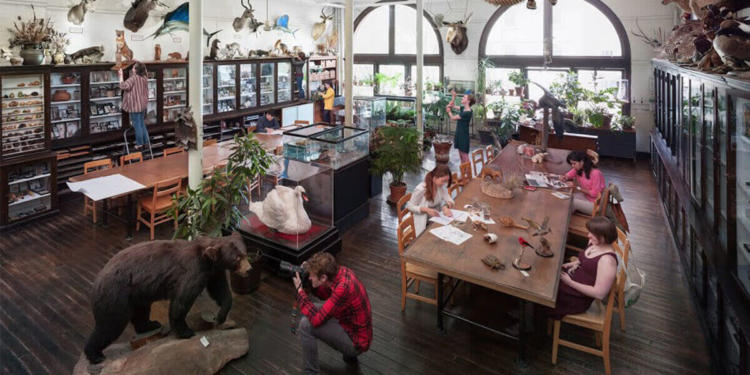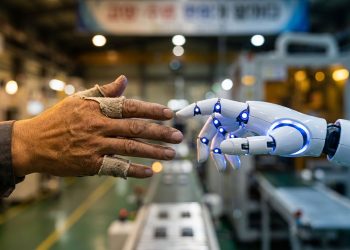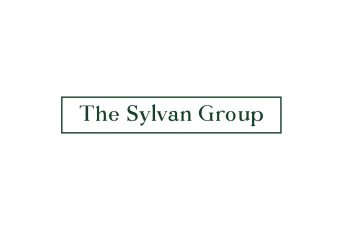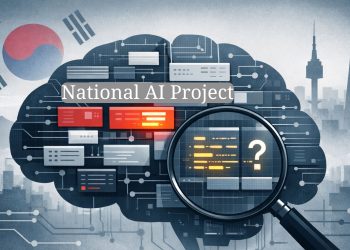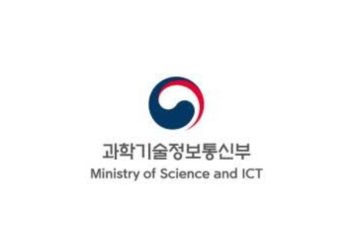Hyundai Motor Group revealed on Tuesday its partnership with the Rhode Island School of Design (RISD) to conduct a collaborative study into the links between natural and built environments to assess and discover new trends in the future of mobility.
Hyundai started working with Nature Lab under RISD at the end of 2019 due to the school’s expertise in design innovation. The research group comprised of four faculty members at RISD with the support of 16 students and four other designers from the Design Innovation Group.
Hyundai expanded its vision from the primary smart mobility announced during the CES 2020 event last January to three key mobility solutions aimed to vitalize human-centered future cities. These are Purpose-Built Vehicle (PBV), Urban Air Mobility (UAM), and the Hub.
The research looked into four unique areas of future mobility, including designs on graphics, industrial, sound, and textile solutions.
Four Areas of Future Mobility
The Graphic Design included models developed by the group stemming from research based on relationships between microbes and humans. The research team concentrated on designed nature, such as future mobility hubs and human identification methods using augmented reality, virtual reality and machine-learning technologies, cyborg nature, and interspecies collaboration.

The Industrial Design group involved designs using alternate paths for future mobilization led by artistic, scientific, and philosophical aspects.
The team for the Sound Design used concepts taken from the fields of soundscape ecology and bioacoustics. Through experimentations in RISD’s Spatial Audio Studio, the group explored sonic experiences and pioneering auditory displays under the slogan “Making the Un-heard Heard.”
The Textile Design team, through a case study of the cockroach, used bionics and biomimicry in creating innovative textile solutions.

Commitment to Explore the Future
Thanks to Hyundai’s firm commitment, the joint venture pushed through despite the risks of the COVID-19 pandemic. Hyundai and RISD would strengthen their partnership and pursue a long time collaboration with RISD’s Nature Lab, supporting a living systems research foundation.
“Hyundai Motor Group’s work with RISD provides deep insights that will help us advance innovations in technology and design, paving the way for next-generation mobility solutions.”
– Young-cho Chi, President and Chief Innovation Officer at Hyundai Motor Group
Young-cho stated that RISD and Hyundai shared the same vision for the future of next-generation mobility solutions. He added that the collaboration and unified techniques would develop a solid foundation for a more productive partnership.
Together with Hyundai Nature Observation Project by the Design Innovation Group, Hyundai Motor Group researches, and studies nature vigorously.
“The post-COVID-19 era will require us to come up with new ways of thinking for our mobility ecosystem to evolve.”
-SangYup Lee, Hyundai’s Senior Vice President and Head of Global Design Center

